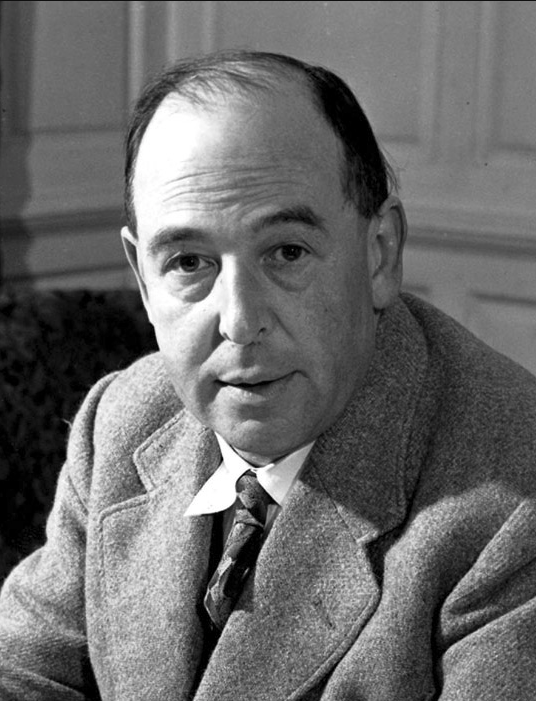Lesson 10: Putting It All Together
The Heart Sings Unbidden
Before you finish this course, I want to recommend one more way to use a commentary: read it in your daily devotions.
Reading commentaries devotionally has enriched my joy in Christ. A couple of years ago, I read through Derek Kidner’s two-volume commentary on the Psalms (divided between Psalms 1–72 and 73–150). It exhibits a perfect balance between rich theology and readability. He neither weighs you down with academic jargon nor tosses you airy nothings disconnected from the text. His theological statements are devotional, and his devotional comments are theological. All the while he displays a rare gift of summarizing a verse or a psalm elegantly and accurately.
Summarizing the message of Psalm 1:
[I]t stands here as a faithful doorkeeper, confronting those who would be in ‘the congregation of the righteous’ (5) with the basic choice that alone gives reality to worship; with the divine truth (2) that must inform it; and with the ultimate judgment (5, 6) that looms up beyond it.
—Derek Kidner, Psalms 1–72: An Introduction and Commentary, 63.

On the Son’s anger in Psalm 2:12:
The quick anger may sound like the touchiness of a despot, but the true comparison is with Christ, whose wrath (like his compassion) blazed up at wrongs which left his contemporaries quite unruffled. ... God’s patience is not placidity, any more than his fierce anger is loss of control, his laughter cruelty or his pity sentimentality.
—Ibid., 69.

On the last sentence of Psalm 2:12, a statement of blessing:
What fear and pride interpret as bondage ... is in fact security and bliss. And there is no refuge from him: only in him.
—Ibid., 69-70.

On “mercy” in Psalm 23:6:
Together with goodness it suggests the steady kindness and support that one can count on in the family or between firm friends.
—Ibid., 130.

On Psalm 90:1:
God is seen here as our God, whose eternity is the answer, not simply the antithesis, to our homelessness and our brevity of life.
—Derek Kidner, Psalms 73–150: An Introduction and Commentary, 359.

Sentences like these moved me to worship the God of the Scriptures.
And isn’t that the whole point of reading extrabiblical literature as you study the Bible? To worship the one in whom you live and move and have your being, who redeemed you from sin through Jesus Christ, and who filled a book with perfect revelation of his beauty?
To this end, you may find reading books of theology a more worship-inducing activity than reading books in the category of devotional literature. This was C.S. Lewis’s experience:
For my own part I tend to find the doctrinal books often more helpful in devotion than the devotional books, and I rather suspect that the same experience may await many others. I believe that many who find that ‘nothing happens’ when they sit down, or kneel down, to a book of devotion, would find that the heart sings unbidden while they are working their way through a tough bit of theology with a pipe in their teeth and a pencil in their hand.
—C.S. Lewis, from “On the Reading of Old Books,” quoted in Theologians You Should Know, by Michael Reeves, 18.

What theological book, whether mentioned in this course or not, could you try reading during your morning or evening devotions?
Log in / create an account to enroll or continue where you left off.